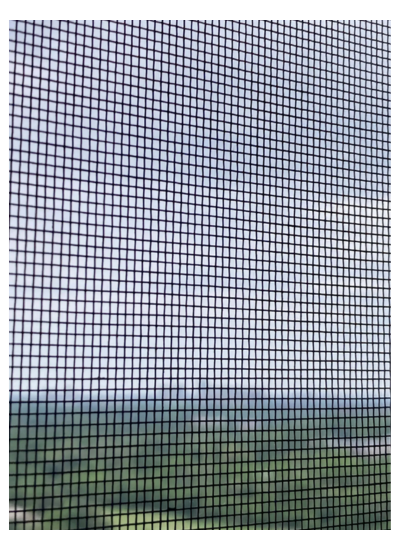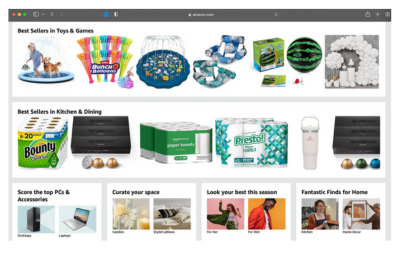19 June, 2024
Is the world “becoming progressively less tangible, cloudier and ghostlier”?[1]
So says Byung-Chul Han in an interview with ArtReview around the time of the publication of his work, Undinge (Nonobjects), in 2021. In the interview, and throughout recent works, Han discusses the new “digital order”: pervasive digital technologies, lightspeed information generation, hollow consumption, the objectification of the person, and the loss of the tangible other in favour of the digital spectre.
Mediation and Screen Doors
Such a shift to the clouds of the digital intangible has resulted in the dissolving of life in the physical, material plane of the “real” world. Instead we live a digital life infinitely mediated by the constant barrage of bits and data, pixels and waves, all without material substance, all ephemeral. This is information or what Han terms “nonobjects.”
We may live and move about the physical world, see and touch and interact with the physical things right in front of us, but most of us are never more than an arm’s length away from engaging our online selves through our phones. Through these phones, we make very real things more real precisely by abstracting them through the ether of the online space. Our phones stand at attention (in fact ready to "wake" by a mere raising of the device) to start collecting data in the form of a burst of photos or clips of video, paragraphs in a note or files of voice recordings.

Our phones are not just digital screens, but operate by mediation as does a different type of screen: a screen door. The glass door is open, but the screen remains closed for its repellent benefits (bugs, debris, etc) to the detriment of the clarity of sight. In this way, the screen door is not unlike the phone as intermediary, diminishing primary experience into secondary mediated retrospection.
The screen door, too, pixelates reality—yet another mediation (see photo).
Object Fetishism and Online Shopping
If information to Han is antithetical to objects, how are objects framed in this argument? Objects help tie one to the material plane. Objects are analogized to be the other, the separate entity confirming not only that one exists, here and now, but that one exists and thrives relative to the tangible (people and things: objects) external from oneself.
However, to Han, “Object fetishism is probably over. We are becoming information- and data-fetishists.”
Is object fetishism really, probably over? No probably not. In fact it has been totally accelerated by the very nonobjects that have become fetishized.

See: the online marketplace—a virtually frictionless information superhighway whose central direction is to bring digital images into objective reality. Glossy product photos from every angle imaginable, bullet-point specs, instant “click to buy” buttons, overnight shipping. The internet has made it easier than ever to continue fetishizing objects by making object acquisition completely painless. And with that absence of pain inevitably comes the dizzying high of instant gratification, injecting the consumer with fabricated joy, intoxicating click after intoxicating click.
All too suddenly, one is surrounded by the tangible achieved by harnessing the intangible.
Technics also allows us not just to think about technologies as tools, but to dissect the concept of the tool as itself a tool: for critical thinking, for finding alternative perspectives, and for fostering a hopeful outlook in an otherwise dread-filled digital landscape.
--
Yet, ghosts continue to haunt, to cloud.
The gestures used to wield the digital space, to use the internet, are hollow. We swipe, we scroll, we pinch on smooth glass surfaces that have nothing to say back. Touch is not reciprocated, nevermind feeling. This emptiness, this lack of feedback only works to emphasize the intangibility of nonobjects.
One particularly nefarious aspect of not questioning “that which goes without saying”[2] is the inevitability of atrophy. What skills have we left to wither by relying on the crutch of technology? I muse on some anecdotal examples below, which I hope don’t veer too much towards generalization.
This constant mediation reveals the growing reality that we are becoming the nonobjects precisely as we become objectified—become nonhuman, become information.
June 2024
Footnotes
1. Borcherdt, Gesine: “Byung-Chul Han: ‘I practise philosophy as art.’” (2 Dec, 2021). ArtReview. https://artreview.com/byung-chul-han-i-practise-philosophy-as-art/
2. Barthes Roland, and Richard Howard. Roland Barthes by Roland Barthes. London: Vintage Classics, 2020, 47.